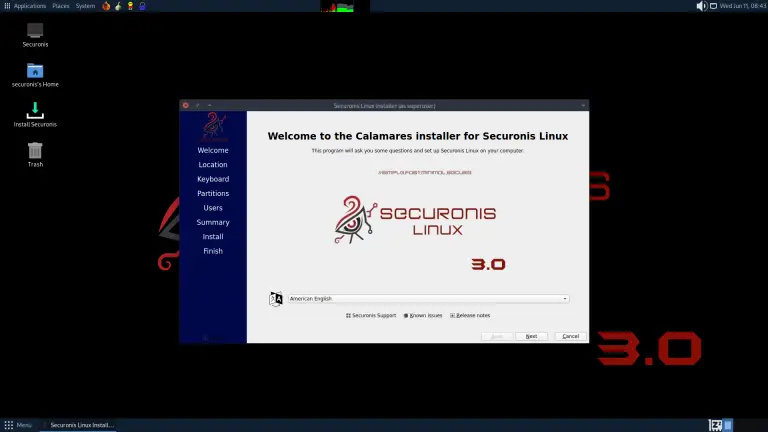
Linux kernel version 6.15 has received one of the most substantial sets of updates for the x86 architecture in recent years, introducing a multitude of new features for both AMD and Intel processors. These changes to the x86/core subsystem encompass performance optimizations, enhanced security measures, and support for next-generation CPUs.
On the AMD side, support for the INVLPGB instruction, introduced with Zen 3, has been integrated into the kernel. This instruction facilitates broadcast invalidation of the TLB, delivering a tangible performance boost. Additionally, the AMD Node driver has been refined, and improvements have been made to the System Management Network (SMN) interface.
Intel, meanwhile, is preparing to transition to its new processor families (Family 18 and 19), moving away from the long-standing Family 6 designation. The kernel now includes an overhauled CPU identification system, support for Linear Address Masking (LAM), and new security features such as FineIBT-BHI. A significant update has also been made to the kernel’s vulnerability mitigation mechanism — it can now selectively apply protections only to cores that are genuinely affected (either Performance or Efficiency cores), rather than applying blanket mitigations system-wide as was previously the case.
New boot parameters, setcpuid= and clearcpuid=, have been introduced, allowing users to manually enable or disable specific CPU features — a useful capability for testing or forced activation of security mitigations.
The EXECMEM_ROX functionality returns with enhancements to support large memory pages that are read-only and executable. This feature had previously been rejected due to implementation issues. Furthermore, the entropy used by Kernel Address Space Layout Randomization (KASLR) has been reduced to prevent conflicts with PCI BARs exceeding 10 TiB in size — this only applies when the kernel is compiled with the CONFIG_PCI_P2PDMA option enabled.
Another major change is the updated minimum compiler requirement: Linux 6.15 now mandates GCC version 8.1 or higher, or Clang version 15.0 or above.
Notably, support for 32-bit kernels on x86_64 processors has also been revised. The CONFIG_HIGHMEM64G option and support for more than 4 GB of RAM in 32-bit systems have been removed, along with the bigsmp configuration.
Performance has been further enhanced by adopting asm_inline() for atomic lock instructions, and a host of smaller improvements and bug fixes have been included.
These updates represent only a portion of the changes related to the x86 subsystem. Other pull requests for Linux 6.15 have already introduced additional enhancements for Intel and AMD CPUs — including accelerated cryptographic operations and CRC optimizations. The merge window for these updates will remain open through the end of the week.


